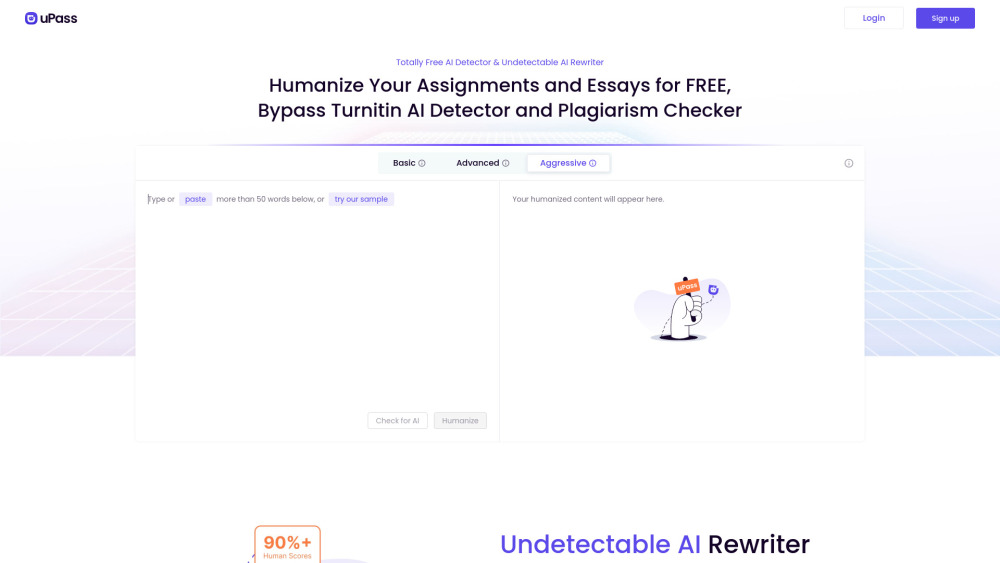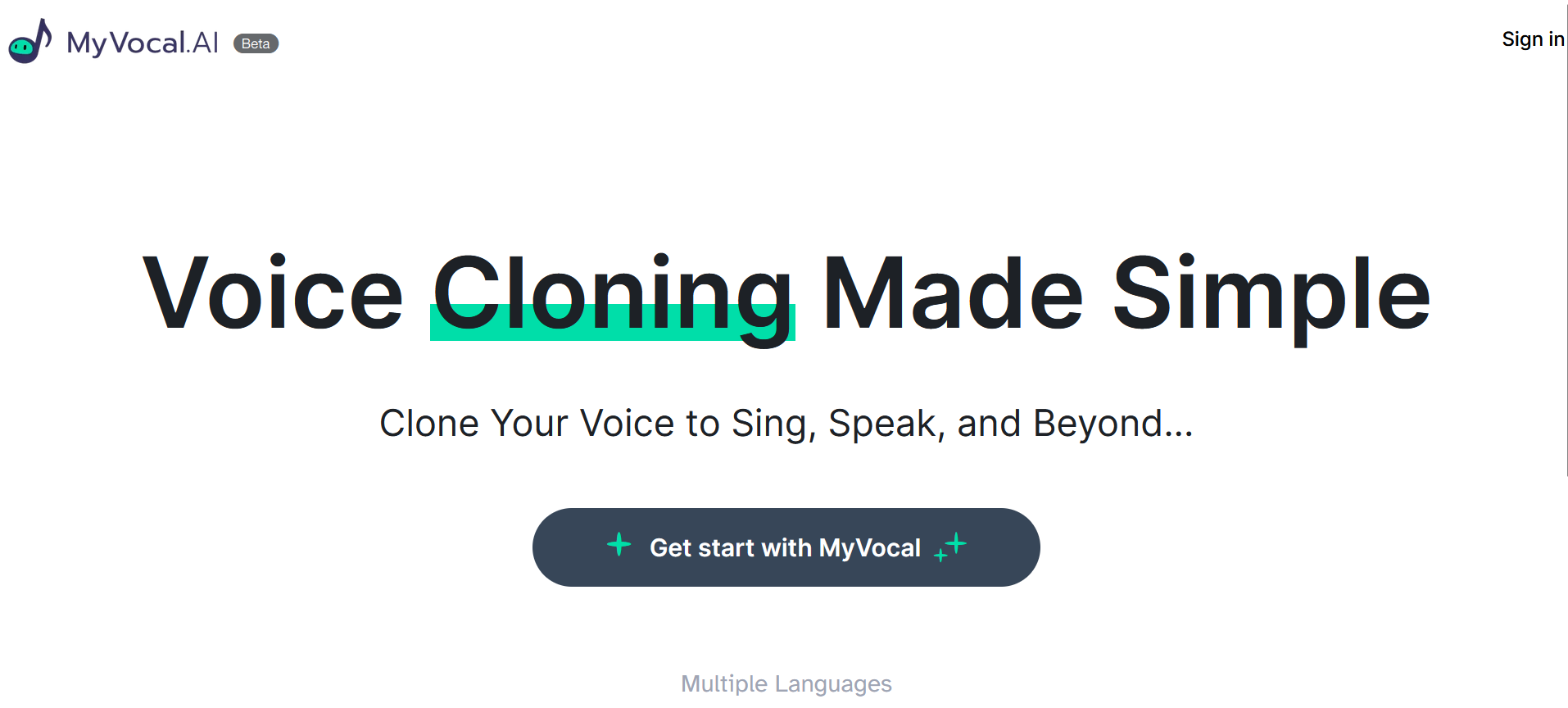Can Chatbots Replace Human Therapists? An Insight into AI Mental Health Solutions
The question of whether chatbots can effectively substitute human therapists is a topic of growing debate. Some startups and patients believe they can, but the scientific community remains divided.
Research indicates that 80% of individuals who have utilized OpenAI’s ChatGPT for mental health guidance view it as a viable alternative to traditional therapy. Additionally, studies suggest that chatbots can help alleviate symptoms of depression and anxiety. However, the human connection between therapist and client is widely recognized as a key factor in successful mental health treatment.
Among those advocating for chatbot therapy are entrepreneurs Dustin Klebe, Lukas Wolf, and Chris Aeberli, founders of Sonia. Their startup offers an AI-driven therapy solution through an iOS app, enabling users to engage in text or voice conversations about various topics.
"Designing an AI therapist parallels developing a medication; we are innovating rather than simply repackaging existing solutions," explains Aeberli, CEO of Sonia.
The trio met in 2018 while studying computer science at ETH Zürich and later moved to the U.S. to pursue graduate studies at MIT. Shortly after earning their degrees, they united to create a startup that embodies their shared enthusiasm for scalable technology.
Sonia employs advanced generative AI models to interpret user input during "therapy sessions" and respond accordingly. Using principles from cognitive behavioral therapy, the app, available for $20 a month or $200 a year, provides “homework” assignments that promote reflection and visualizations that help users identify stressors.
Aeberli asserts that Sonia, which currently lacks FDA approval, can address issues such as depression, anxiety, stress, relationship troubles, and sleep difficulties. For more severe situations, such as suicidal thoughts or violence, Sonia incorporates specialized algorithms to recognize emergencies and direct users to national hotlines.
Interestingly, none of the founders have a background in psychology. However, Aeberli states that the company collaborates with psychologists, has recently hired a cognitive psychology graduate, and is actively searching for a full-time clinical psychologist.
“We don’t see human therapists, or any mental health care providers, as our competition," says Klebe. "For every response generated by Sonia, multiple language model assessments occur in the background to analyze the situation from various therapeutic angles, allowing us to tailor and enhance the therapeutic approach.”
Privacy Concerns: Is Your Data Safe?
Users might question the privacy of their conversations: Will their data be securely managed? Aeberli reassures that Sonia only retains the “absolute minimum” personal information necessary for therapy—such as a user's name and age. However, he did not specify how, where, or for how long conversation data is stored.
With around 8,000 users and $3.35 million in investment from notable backers such as Y Combinator, Sonia is exploring partnerships with unnamed mental health organizations to integrate its services into their online platforms. Initial reviews in the App Store are largely positive, with some users expressing comfort in discussing their issues with the chatbot instead of a human therapist.
But could this preference be problematic?
Current chatbot technology often struggles with the intricacies of mental health advice and may overlook critical indicators of issues. For instance, Sonia wouldn't recognize an eating disorder-related inquiry if a user asked how to lose weight. Moreover, responses may contain biases influenced by the training data, which can hinder its ability to understand cultural and linguistic variances, especially among non-English speakers (Sonia currently only supports English).
Risking serious repercussions, some chatbots have been known to deliver inappropriate suggestions. Last year, the National Eating Disorders Association faced backlash for replacing human interaction with a chatbot named Tessa that provided harmful weight-loss advice.
Klebe stresses that Sonia does not aim to supplant human therapists. “We are creating a solution for the millions grappling with mental health challenges who cannot (or prefer not to) see a human therapist,” Wolf added. “We aspire to bridge the significant gap between demand and supply.”
Addressing the Mental Health Gap
The need for solutions is apparent, particularly considering the imbalance in the availability of mental health professionals relative to patients and the disparity in treatment costs. A recent government report highlighted that over half of the U.S. population lacks sufficient access to mental health care. Additionally, a survey showed that 42% of adults with mental health conditions were unable to receive care due to financial constraints.
As noted in a Scientific American piece, many therapy apps tend to cater to those who can afford both therapy and subscriptions, neglecting isolated individuals who may be at greater risk. While Sonia's subscription of $20 per month is not entirely inexpensive, Aeberli argues that it remains a more affordable alternative to conventional therapy sessions.
“It’s significantly easier to start using Sonia than to find a human therapist, deal with long wait times, and incur costs of $200 per session,” he remarks. “Sonia has already assisted more users than a typical therapist might see in their entire career.”
As the development of Sonia progresses, it is crucial for the founders to remain transparent about the app’s capabilities and its limitations.




